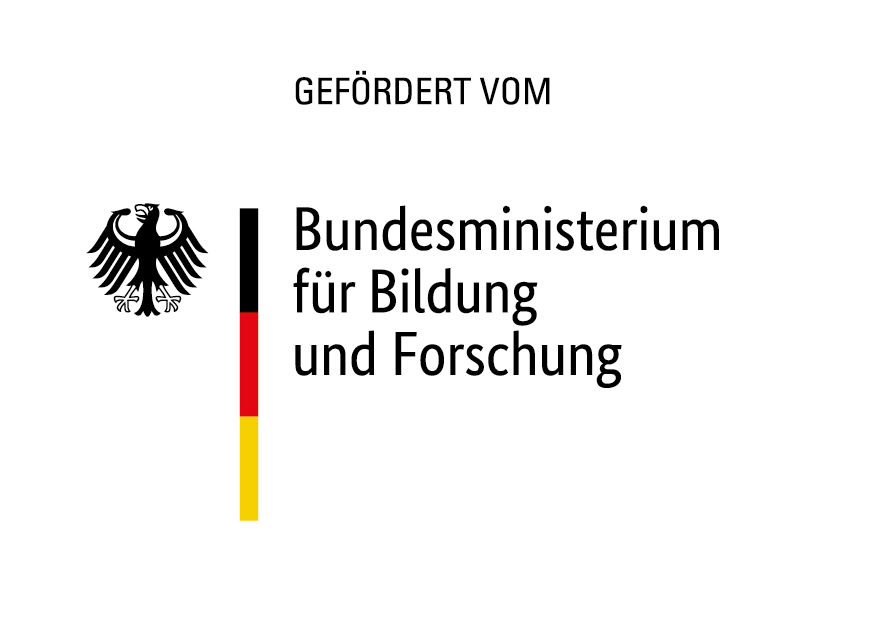High-Tech Forum calls for a change in thinking towards a culture of open science and innovation
Berlin, 14 October 2020. The High-Tech Forum today published a new discussion paper on the subject of “Open Science and Innovation”. The board calls on policymakers to create incentives for more openness in a national agenda. Only in this way can we harness knowledge and innovations to meet the major challenges of our time and create new business models. The COVOD-19 pandemic shows not least how essential it is for society to have rapid access to data in conjunction with international and open R&D collaboration.
In its paper, the High-Tech Forum emphasizes the opportunities that strategically opening up will offer for the German innovation system: For the benefit of society, we must make even better use than before of the wealth of data available within science, companies and public administration. Research and innovation can also gain if different sources of knowledge are involved – from research questions and needs assessment to the development of business models. This requires a cultural change on all sides. In the science system, involving society and sharing data at an early stage must be more strongly promoted and generously rewarded than in the past. Companies and research institutions from Germany are already joining international initiatives that use successful open science approaches. They should become more active and launch strategic projects and collaborations from Germany. The advisory board also recommends that the state should set an example in its role as a producer of data and knowledge. Not only by making public data available to research and society in a legally compliant manner, as part of research promotion for example, but also by creating the necessary framework conditions and infrastructures. This includes further developing agile research funding, establishing data platforms and standards, and legal certainty for the sharing and use of data.
“We are still at the very beginning when it comes to developing a culture of openness. Secrecy has long been a virtue, whether in companies or in research – only now are we learning what there is to gain,” says Prof. Dr. Dr. Andreas Barner, (LINK), President of the Stifterverband für die Deutsche Wissenschaft e.V and spokesman of the “Open Science and Innovation” team in the High-Tech Forum. “We need a cultural change: We must practice science in a new way and grasp the opportunities that sharing data brings with it, for example in the areas of sustainability, health or mobility. To do this, it is important to establish an open and agile funding structure, but also to create new incentive mechanisms and job profiles in science.”
The recommendations of the High-Tech Forum on the High-Tech Strategy 2025 will be presented to the round table of State Secretaries of all federal ministries on 28 October 2020. The High-Tech Forum expressly invites comments on the discussion paper.
The following members of the High-Tech Forum are the lead authors of the discussion paper: Prof. Dr. Dr. Andreas Barner, President of the Stifterverband für die Deutsche Wissenschaft e.V., Prof. Dr. Katharina Hölzle, Head of the Research Group IT-Entrepreneurship at the Hasso Plattner Institute for Digital Engineering gGmbH (University of Potsdam), Prof. Dr. Hanna Krasnova, Professor of Business Informatics, in particular Social Media and Data Science, at the University of Potsdam, and Prof. Johannes Vogel, Ph.D., General Director of the Natural History Museum Berlin.
Useful links and materials:
The discussion paper “Open Science and Innovation” is available here for download (PDF).
The discussion paper “Bio-IT Innovations” (also published on 14 October 2020) is available for download here (PDF).
A video interview on “Open Science and Innovation” with Prof. Johannes Vogel, Ph.D., General Director of the Natural History Museum Berlin can be found on our YouTube channel here.
Press photos are available here.
Further topical insights into the board’s work can also be found on Twitter.
Download the paper “Open Science and Innovation” (PDF)
